Rehabilitation of degraded lands and agro-biodiversity through reforestation in Norashenik community of Syunik region

Project Details & Results
During the Soviet times extensive deforestation activities were undertaken in 10 hectares of “Malin Gyol” area of Norashenik community to expand lands under wheat cultivation. During the energy crisis in 1990s, following the collapse of the Soviet Union, trees were logged in the area for firewood. Thus, over the next few decades, the lands have been exposed to intensive degradation, significantly destroying the forest ecosystem of the area. As a result, the underground water level decreased and 5 of 7 main springs of the community have dried out.
The project goal is to improve the agro- and forest-ecosystem services through reforestation of 5 ha of degraded land in Norashenik community of Syunik region. Meanwhile, by demonstrating sustainable land use and community forestry practices, the project will also contribute to restoration of carbon stocks, mitigate land degradation in forest and non-forest lands. To catalyze positive impact on local livelihoods, the project recommends planting “forest” pear (Pyrus Caucasica) and linden tree species. While the “forest” pear is of high economic value for the community members, the linden trees will help the local beekeepers to achieve high honey yields. The project also aims at supporting local capacity development to implement sustainable land use and community forestry practices through education and practical trainings.
Project Results
The project will produce the following major outputs:
• Reforestation of 5 ha of land area with 3,500 of Pyrus Caucasica pear and 3,000 of linden tree varieties;
• Establishment of 900 m-long forest stand fence;
• Around 30 beekeepers will gain at least US$325 additional annual income as a result of improved honey yields;
• At least 35 households will each gain about US$300 annually from collection and processing of Pyrus Caucasica pear;
• At least 30 beekeepers are trained on sustainable apiculture;
• At least 220 community members (including youth) are trained on sustainable land use and community forestry practices.
During the Soviet times extensive deforestation activities were undertaken in 10 hectares of “Malin Gyol” area of Norashenik community to expand lands under wheat cultivation. During the energy crisis in 1990s, following the collapse of the Soviet Union, trees were logged in the area for firewood. Thus, over the next few decades, the lands have been exposed to intensive degradation, significantly destroying the forest ecosystem of the area. As a result, the underground water level decreased and 5 of 7 main springs of the community have dried out.
The project goal is to improve the agro- and forest-ecosystem services through reforestation of 5 ha of degraded land in Norashenik community of Syunik region. Meanwhile, by demonstrating sustainable land use and community forestry practices, the project will also contribute to restoration of carbon stocks, mitigate land degradation in forest and non-forest lands. To catalyze positive impact on local livelihoods, the project recommends planting “forest” pear (Pyrus Caucasica) and linden tree species. While the “forest” pear is of high economic value for the community members, the linden trees will help the local beekeepers to achieve high honey yields. The project also aims at supporting local capacity development to implement sustainable land use and community forestry practices through education and practical trainings.
Project Results
- The project will produce the following major outputs:
- Reforestation of 5 ha of land area with 3,500 of Pyrus Caucasica pear and 3,000 of linden tree varieties;
- Establishment of 900 m-long forest stand fence;
- Around 30 beekeepers will gain at least US$325 additional annual income as a result of improved honey yields;
- At least 35 households will each gain about US$300 annually from collection and processing of Pyrus Caucasica pear;
- At least 30 beekeepers are trained on sustainable apiculture;
- At least 220 community members (including youth) are trained on sustainable land use and community forestry practices.
.png&w=3840&q=75)
Subscribe for our news
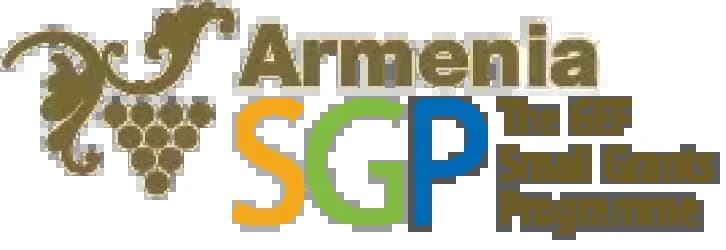


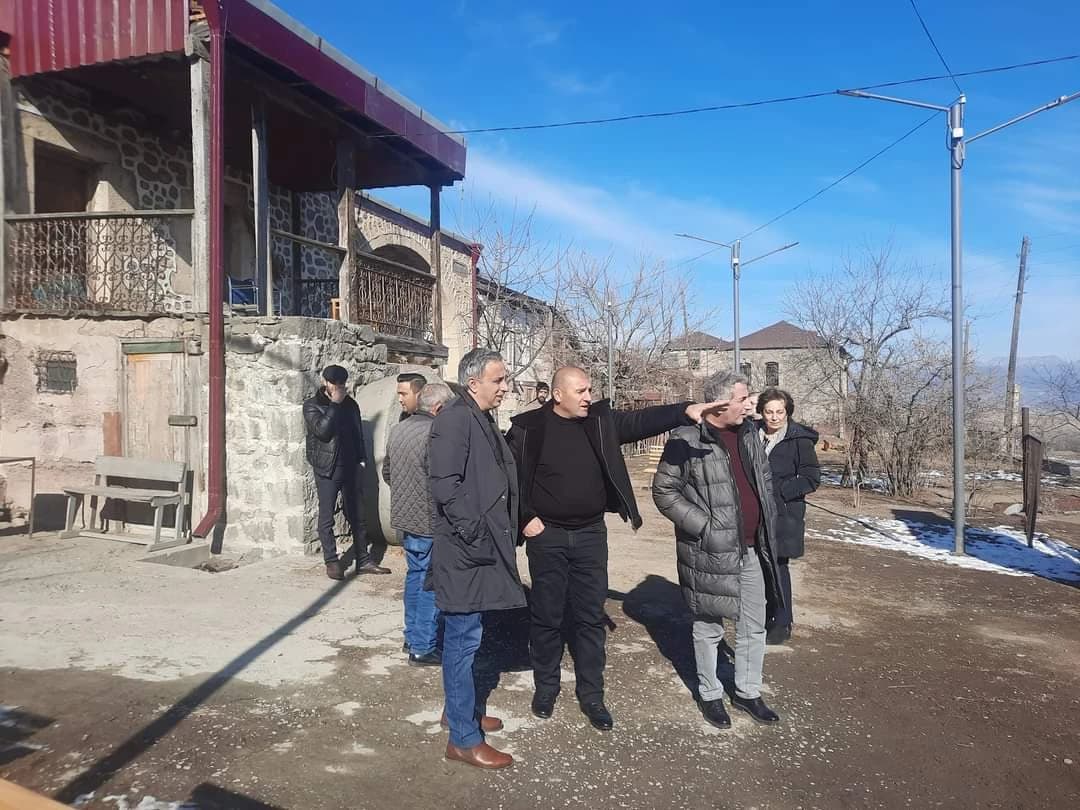
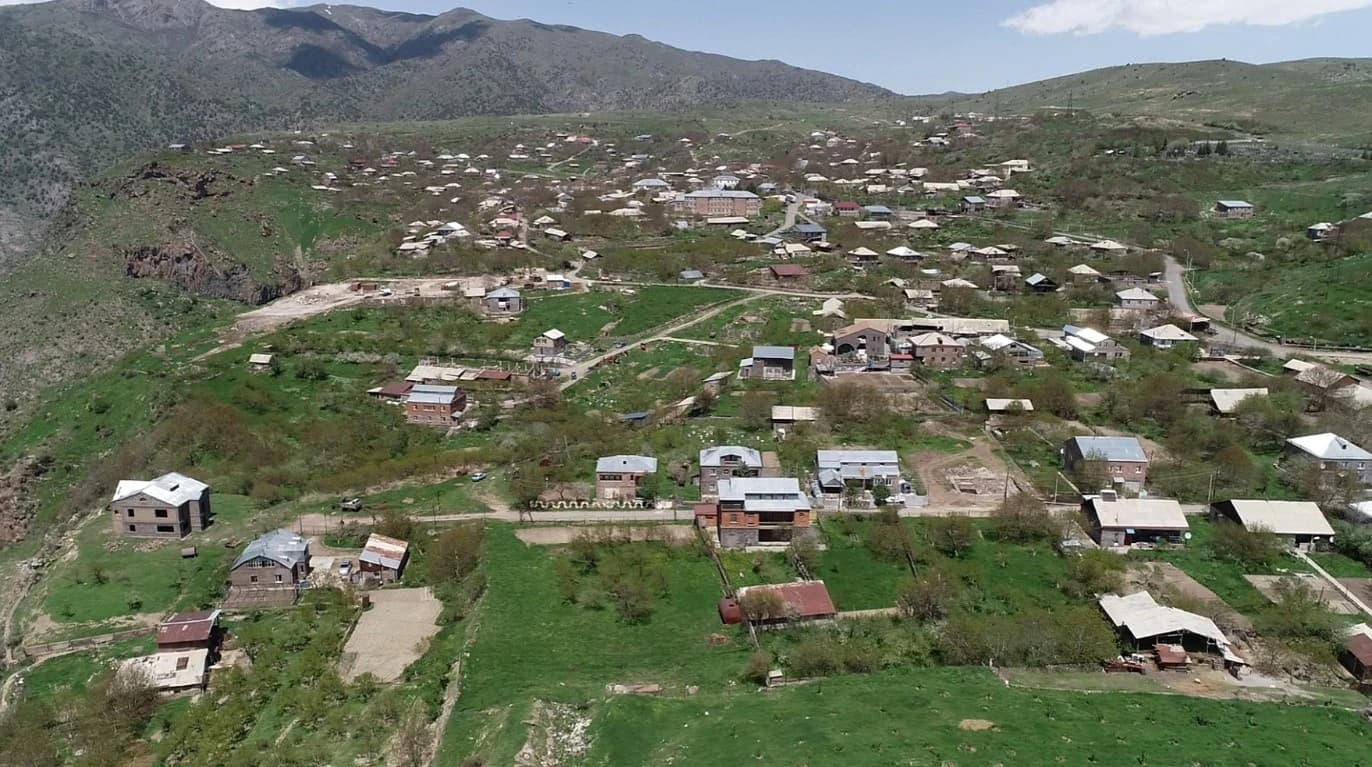

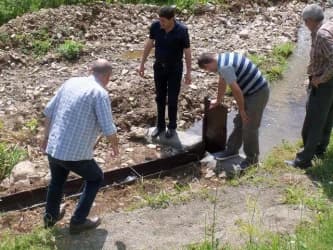
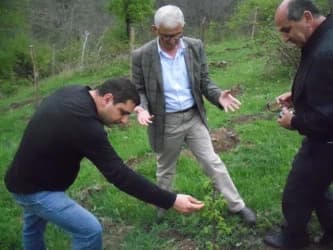
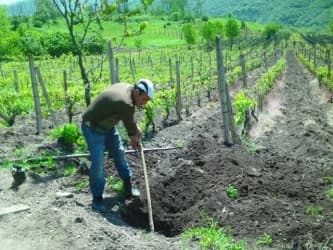
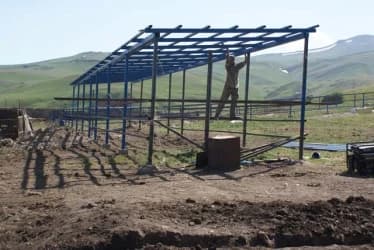
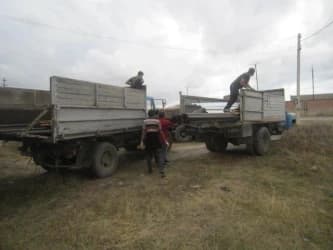
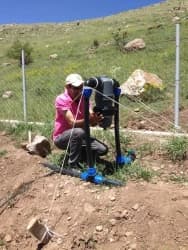
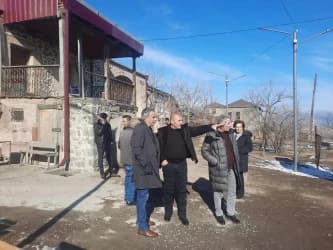
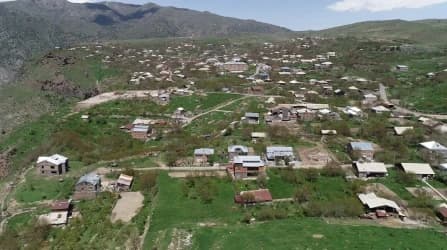

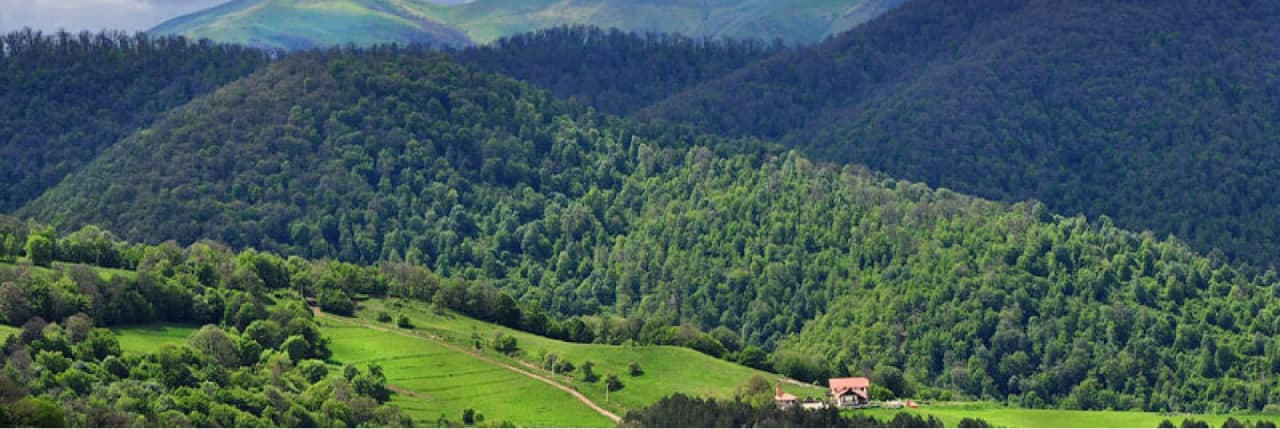
.png&w=3840&q=75)
